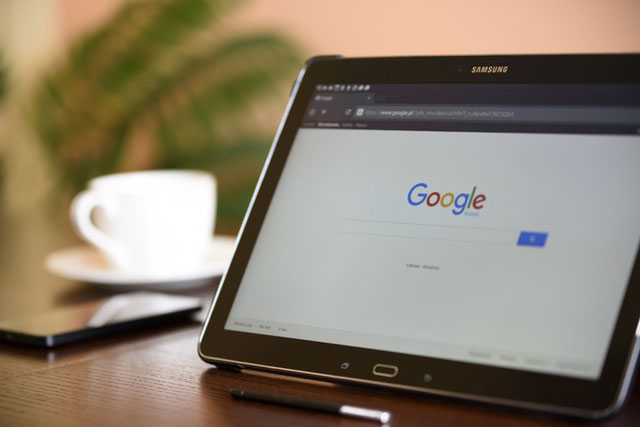
Last week, the European Commission presented new charges against Alphabet Inc. (GOOGL) – Google’s parent company – claiming the company’s search results favor its own products thereby crashing its rivals and hindering innovation. Analysts were keeping a close eye on the search giant to see whether the new round of antitrust charges will have an effect on the company’s stock price. Days later and the stock is yet to be affected by Europe’s lengthy investigations. In fact, the stock has advance more than 2.60 percent in the last five trading sessions. This is the third time since early 2015 the antitrust regulators from the European Union are charging the U.S.-based company.
Over five years ago, the European Union presented a Statement of Objections saying Google was abusing its dominance in online search and that it was violating EU antitrust laws. Had Google lost that lawsuit, it would have been forced to pay billions of dollars in fines in addition to making changes to its search engine algorithms. This lawsuit followed five years of investigations that led the European Commission to conclude that Google had a bias towards its own products thus was pushing emerging innovative companies into oblivion.
Google’s Number One Position
From an investors point of view, Google epitomizes what every business leader hopes for his/her company; dominance. Many people have a hard time understanding why a company should be targeted simply for being the best through innovation and great business practices. PayPal (PYPL) co-founder Peter Thiel shares this view. He once told an audience how every entrepreneur desires that they could get the kind of market share and position that Google holds. The billionaire praised Google for being excellent in everything it does, making it virtually impossible for other businesses to offer a good enough substitute.
The EU does not dispute that Google has been phenomenal. In its latest push to have the company pay what could amount to over $7 billion in fines, the commission says it recognizes that Google has created innovative products and services that have changed people’s lives. However, the commission notes that it does not believe that this should give the multinational company the right to deny other innovative firms a chance to be visible to potential customers. It’s worth noting that in Europe, Google has captured roughly 90 percent of the region’s online search market.
The EU’s Determination Should Be a Concern for Google Shareholders
Google’s stock, currently up more than one point at $755.61, so far has remained unaffected by the charges, but many wonder if this can last. Other investors are angry with the European Commission, which seems bent on getting a portion of Google’s billions. Some wonder why the EU seems to forget that Alphabet is a for-profit operation. In any case, just because Google has managed to decimate its competition in no way means it is breaking any laws. What’s more, if we applied this kind of logic then we are basically allowing laws to punish success.
But with all these questions and debates going on, the one thing that investors are concerned about are the implications these unending charges will have on the company’s stock. While everything is up in the air, one thing is sure – given the consistency and persistency with which these EU lawsuits keep cropping up, it would be safe to say that one of these days you may wake up to the news that Google has paid a fine of billions of dollars to the European Union. After all, Margrethe Vestager, the region’s competition chief, said she is hoping that the third time’s a charm.
Disclaimer: This page contains affiliate links. If you choose to make a purchase after clicking a link, we may receive a commission at no additional cost to you. Thank you for your support!


Leave a Reply